In today’s fast-paced automotive market, the concept of mindfulness is gaining traction as a transformative approach to vehicle purchasing decisions. Mindfulness Counseling for Conscious Vehicle Choices: Enhancing Your Automotive Decisions with Purpose and Sustainability explores how mindfulness can guide consumers toward more thoughtful and sustainable automotive choices. By integrating mindfulness principles into the car-buying process, individuals can align their vehicle choices with their values, focusing on both purpose and sustainability. This article delves into the role of mindfulness in evaluating automotive needs, reducing impulsive purchases, and ensuring long-term satisfaction. Through mindfulness counseling, consumers are empowered to make informed, intentional decisions that reflect their commitment to a mindful and purposeful lifestyle.
Delve into this topic with lealhotel.com to gain a thorough understanding.
1. Introduction to Mindfulness Counseling in the Automotive World
In the automotive world, where choices can often be driven by marketing and immediate gratification, mindfulness counseling offers a refreshing perspective. This approach encourages consumers to pause and reflect on their vehicle decisions, integrating principles of mindfulness to promote more thoughtful and intentional choices. Mindfulness, the practice of maintaining a moment-by-moment awareness of our thoughts, feelings, and surroundings, can be a powerful tool in navigating the complexities of car buying.
By applying mindfulness, individuals can step back from the noise of advertisements and sales tactics, focusing instead on their true needs and values. This process involves being fully present and engaged in evaluating not just the functional aspects of a vehicle, but also its alignment with one’s lifestyle and environmental impact.
Mindfulness counseling in the automotive context emphasizes conscious decision-making, helping consumers assess their motivations and long-term goals. It encourages a deeper understanding of how a vehicle fits into one’s life, beyond immediate desires or social pressures. This mindful approach aims to foster a more sustainable and purposeful automotive experience, promoting choices that reflect both personal values and broader environmental considerations.
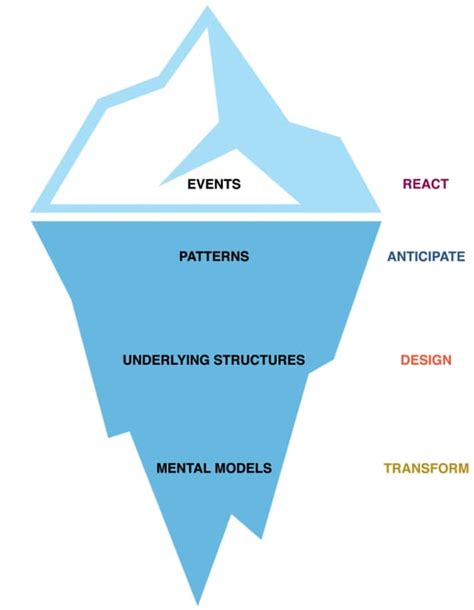
2. The Role of Mindfulness in Making Conscious Vehicle Choices
Mindfulness plays a crucial role in making conscious vehicle choices by encouraging a deeper, more reflective approach to decision-making. Instead of reacting impulsively to flashy advertisements or sales pitches, mindfulness prompts consumers to pause and consider their true needs and values. This practice helps individuals focus on what genuinely matters in a vehicle, such as its environmental impact, efficiency, and how well it aligns with their lifestyle and long-term goals.
By integrating mindfulness, buyers can assess their vehicle choices with greater clarity and intention. This involves evaluating not only the immediate benefits but also the broader implications of their decision, such as sustainability and personal satisfaction. Mindfulness helps to counteract common pitfalls like emotional or impulse-driven purchases, leading to more deliberate and meaningful automotive decisions. This approach fosters a sense of purpose in vehicle selection, ensuring that each choice reflects a thoughtful balance of functionality, values, and environmental responsibility.
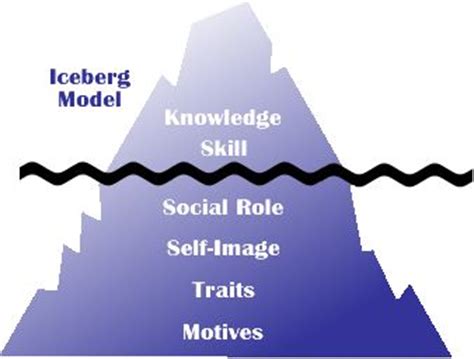
3. Understanding the Connection Between Mindfulness and Sustainable Automotive Decisions
Understanding the connection between mindfulness and sustainable automotive decisions involves recognizing how mindful practices can enhance our approach to environmental responsibility. Mindfulness encourages consumers to be fully present and aware during the decision-making process, promoting a thoughtful evaluation of a vehicle’s environmental impact. This includes assessing fuel efficiency, emissions, and the use of sustainable materials.
By embracing mindfulness, individuals can move beyond superficial attributes and consider how their vehicle choice aligns with broader sustainability goals. This approach involves reflecting on how often the vehicle will be used, its long-term efficiency, and the ethical practices of its manufacturer. Mindfulness helps buyers make decisions that are not only personally fulfilling but also contribute to reducing their ecological footprint.
This deeper awareness fosters a more intentional selection process, leading to choices that support both personal values and environmental sustainability. By integrating mindfulness into vehicle purchasing, consumers can ensure that their automotive decisions are aligned with their commitment to a more sustainable future.
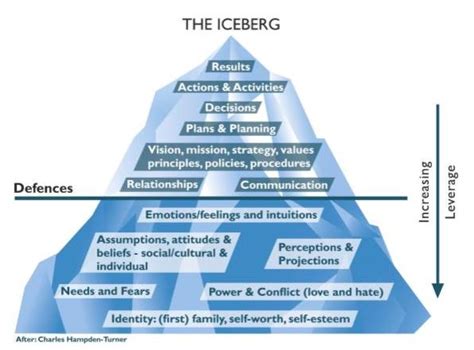
4. Mindfulness Counseling Techniques for Evaluating Vehicle Needs and Wants
Mindfulness counseling techniques for evaluating vehicle needs and wants involve several key practices that help clarify and prioritize personal values. One technique is mindful reflection, where individuals take time to meditate on their vehicle requirements, considering both practical needs and deeper values. This might involve journaling about what features are essential and how they align with long-term goals.
Another technique is mindful questioning, which encourages individuals to ask themselves critical questions about each vehicle’s impact on their life and environment. This includes reflecting on questions such as: “How often will I use this vehicle?” and “How does this choice align with my sustainability goals?”
Additionally, mindfulness counseling includes mindful observation, where individuals assess their emotional responses to different vehicles, ensuring that decisions are based on genuine needs rather than impulsive desires. These techniques collectively foster a more thoughtful and deliberate approach to vehicle selection, promoting choices that are both practical and aligned with personal values.
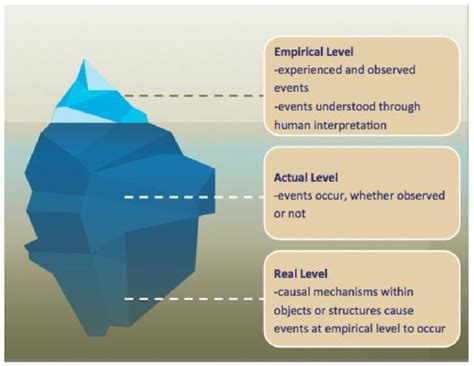
5. Incorporating Purposeful Decision-Making into the Car-Buying Process
Incorporating purposeful decision-making into the car-buying process involves integrating mindfulness principles to ensure that each choice reflects intentionality and aligns with personal values. Start by setting clear, meaningful criteria for your vehicle choice. This means prioritizing factors such as sustainability, efficiency, and alignment with your lifestyle needs. Define what aspects are most important to you, whether it’s fuel economy, environmental impact, or the ethical practices of the manufacturer.
Engage in mindful research, taking time to explore various options thoroughly rather than rushing into a decision. Use mindfulness techniques to evaluate how each option meets your criteria, reflecting on both the immediate benefits and long-term implications.
During test drives and consultations, maintain a mindful awareness of your reactions and feelings, ensuring that you’re making a choice that genuinely resonates with your values. Incorporating these practices helps to avoid impulse purchases and ensures that your final decision is a thoughtful reflection of your commitment to purposeful living and sustainability.
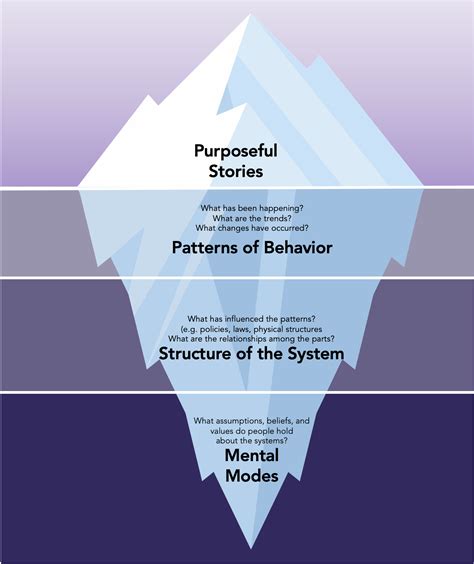
6. The Impact of Mindfulness on Reducing Impulsive Automotive Purchases
Mindfulness significantly impacts reducing impulsive automotive purchases by fostering a more deliberate and reflective decision-making process. By encouraging individuals to pause and fully assess their needs and values, mindfulness helps counteract the quick, emotionally driven decisions often influenced by advertising or sales pressure.
Practicing mindfulness enables buyers to recognize and control impulsive urges, focusing instead on thoughtful evaluation of each vehicle’s suitability and alignment with long-term goals. Mindful techniques, such as pausing to reflect and questioning immediate desires, help prevent hasty choices that may not meet deeper needs or values.
This reflective approach ensures that purchases are based on thorough consideration rather than fleeting emotions, leading to more satisfying and responsible vehicle choices. By reducing impulsive buying behavior, mindfulness promotes a more intentional and sustainable approach to automotive purchases, aligning choices with personal values and reducing the likelihood of buyer’s remorse.
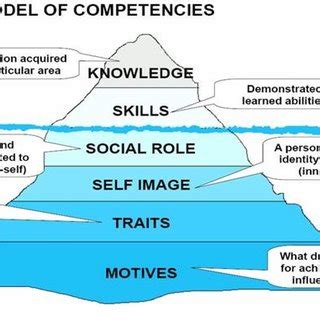
7. How Mindfulness Counseling Supports Long-Term Satisfaction with Automotive Products
Mindfulness counseling supports long-term satisfaction with automotive products by guiding consumers towards choices that align with their values and needs, promoting enduring contentment. Through mindful practices, individuals gain clarity on their true requirements and long-term goals, which helps in selecting a vehicle that fits their lifestyle and sustainability goals.
By emphasizing reflective decision-making, mindfulness counseling ensures that choices are made with consideration for future satisfaction rather than immediate gratification. This thoughtful approach reduces the likelihood of buyer’s remorse and enhances long-term fulfillment with the vehicle.
Additionally, mindfulness encourages ongoing awareness of how well the vehicle continues to meet one’s needs and values over time. This ongoing reflection supports proactive maintenance and mindful use of the vehicle, contributing to sustained satisfaction. By aligning vehicle choices with deeper values and long-term goals, mindfulness counseling fosters a more satisfying and purposeful ownership experience.
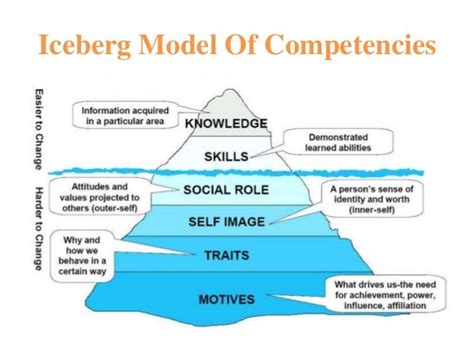
8. Case Studies: Success Stories of Mindful Automotive Consumers
Case studies of mindful automotive consumers highlight the transformative impact of mindfulness in the car-buying process. One notable example is Sarah, a young professional who felt overwhelmed by the myriad of options available when purchasing her first vehicle. By engaging in mindfulness counseling, Sarah took time to reflect on her values and needs. She realized her priorities were sustainability and efficiency. As a result, she chose a hybrid vehicle that not only aligned with her environmental goals but also saved her money on fuel over time.
Another success story is Mark, a family man who had previously made impulsive purchases, often leading to dissatisfaction. Through mindfulness techniques, he learned to evaluate his family’s specific requirements. By focusing on features that promoted safety and practicality, he ultimately purchased a spacious, eco-friendly SUV that met their needs for years to come.
These case studies demonstrate how mindfulness counseling empowers consumers to make intentional decisions, leading to lasting satisfaction with their automotive choices. By reflecting on personal values and prioritizing meaningful experiences, mindful automotive consumers enjoy vehicles that enrich their lives and align with their commitment to sustainability.
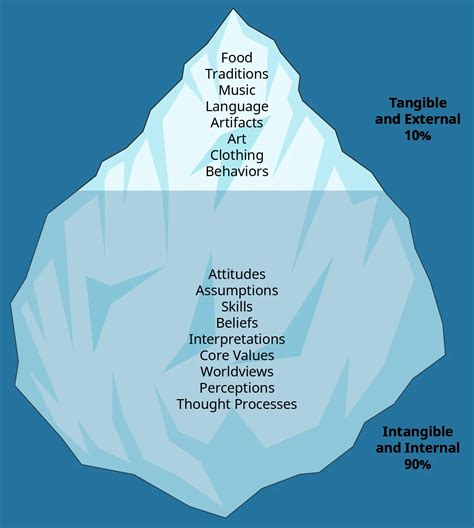
9. Conclusion: The Future of Mindfulness Counseling in Promoting Sustainable and Meaningful Automotive Choices
The future of mindfulness counseling in promoting sustainable and meaningful automotive choices holds great promise. As consumers become increasingly aware of their environmental impact and seek more purposeful lifestyles, mindfulness offers a valuable framework for making thoughtful and responsible vehicle decisions. By integrating mindfulness into the car-buying process, individuals can align their choices with their core values, focusing on sustainability, efficiency, and long-term satisfaction.
Mindfulness counseling encourages a shift from impulsive, emotionally driven purchases to deliberate, values-based decision-making. This approach not only reduces buyer’s remorse but also fosters a deeper connection between the consumer and their vehicle. As mindfulness gains traction in the automotive industry, it has the potential to drive broader changes toward more sustainable practices and products.
Looking ahead, the integration of mindfulness into automotive decision-making could inspire new innovations and practices that emphasize environmental stewardship and personal fulfillment. Embracing mindfulness in this context promises a more intentional and meaningful approach to vehicle ownership, contributing to a future where automotive choices are both sustainable and aligned with individual values.
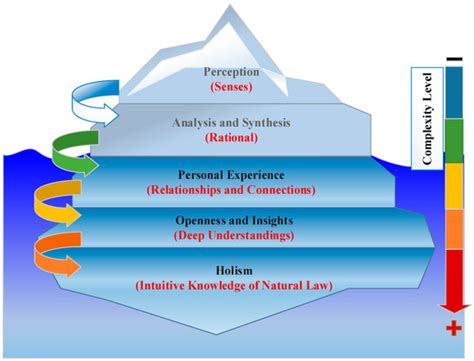
lealhotel.com